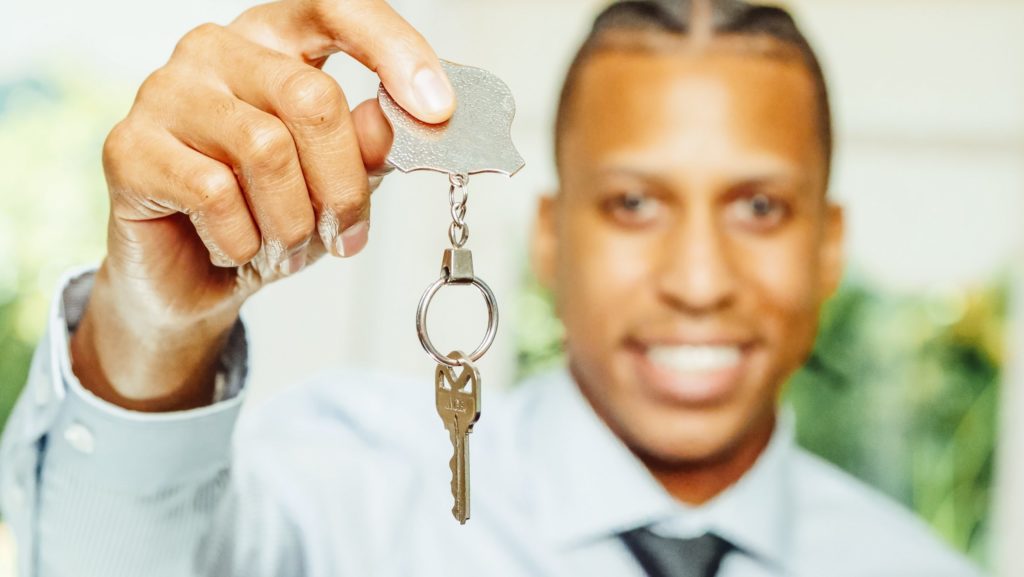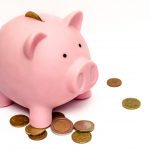Make Money in Singapore | How to Invest Smartly in Real Estate
Property | Real Estate | Singapore
 by Priyadarshini
20 January 2023
by Priyadarshini
20 January 2023
Do you want to make money through property investment in Singapore? Singaporeans generally expect the value of their property to rise over time. This increase in value or price is known as capital appreciation. And it is one of the most important ways to profit from your property. For example, if your home was worth $500,000 when you bought it and is now worth $900,000, you have received $400,000. In this blog, we tell you how to make money in Singapore from investing in real estate.
What is Capital Appreciation?
When you sell your property for a higher price than you paid for it, you are reaping the benefits of capital gains. This happens because of capital appreciation. As a result, it is critical to keep an eye out for factors that may encourage greater capital appreciation in the future. For instance, upcoming MRT stations or infrastructure improvements. Also, you can profit from rental income as well. For example, if you have a flat you can put it up on rent and earn a fixed amount every month.
How to Make Money in Singapore from Property Investment?
Profits out of Rental Income
To calculate your rental yield, add up all of your annual rental income and convert it to a percentage of your property value. For example, if you buy a $800,000 home and rent it out for $5,000 per month, you’d earn $60,000 in rent per year. This means your rental yield would be 7.5 percent ($60,000 x 100 / $800,000). The higher the rental yield, the better. As it means you’ll get a higher return on your investment even before you sell the property.
Many buyers also use the rent they receive to pay off their mortgage.
Restrictions & Cooling Measures in Singapore
To discourage speculation, the government has made certain rules that reduce the profits for people who want to sell their properties quickly or buy multiple properties. When assessing a potential property investment, keep the following cooling measures in mind:
Total Debt Servicing Ratio (TDSR)
The amount of money you can borrow from a bank is limited by the TDSR. It states that your total monthly repayments for your home loan and any other loans (including credit card debt) cannot exceed 60% of your income.
Additional Buyer’s Stamp Duty
ABSD must be paid if you already own a property and wish to purchase another. Also, if you are not a Singapore citizen you will have to pay ABSD. Singaporeans can buy their first property without any ABSD charges. Whereas Singaporean citizens who want to purchase a second residential property need to pay ABSD at the rate of 12%.
Seller’s Stamp Duty
You have to pay the SSD amount if you are selling your property in a span of fewer than four years. As a result, it is prudent to avoid incurring credit card debt or taking out large loans. Avoid loans such as car loans just before applying for a home loan.
Loan-to-Value Ratio
The LTV ratio, like the TDSR, limits how much you can borrow from banks to finance the purchase of a home. The ABSD is determined by the number of properties registered in your name. Whereas the LTV ratio is determined by the number of outstanding mortgages you are servicing. The greater the number of home loans you must service, the less you can borrow from a bank. In contrast, regardless of how many properties you own, as long as you have fully paid them off, you can borrow the maximum amount. So these are the factors that influence how you make money in Singapore from real estate.
Relocate to USA




